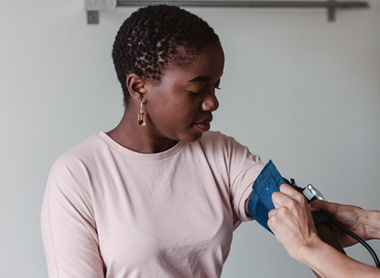Looking after yourself has benefits for your short-term and long-term health. It can give you more energy, improve your mood, and prevent cognitive decline.
It can sometimes feel like there are lots of things you have to juggle to stay healthy, which is why, in this section, we're going to explore the small changes you can make to protect your mind and body so that it keeps functioning at its fullest.
We'll explore ways to protect your heart, look after your liver, and even how to keep your memory sharp so that you can ace the pub quiz.
Whatever your current physical or mental health conditions, these simple steps are easy to adapt into your daily routine.









